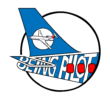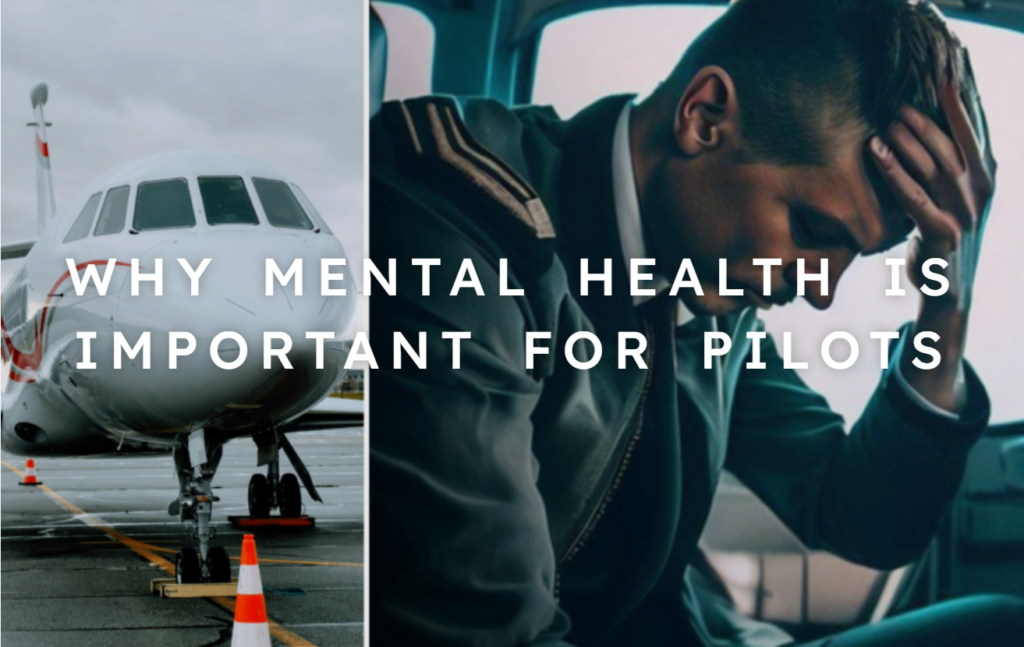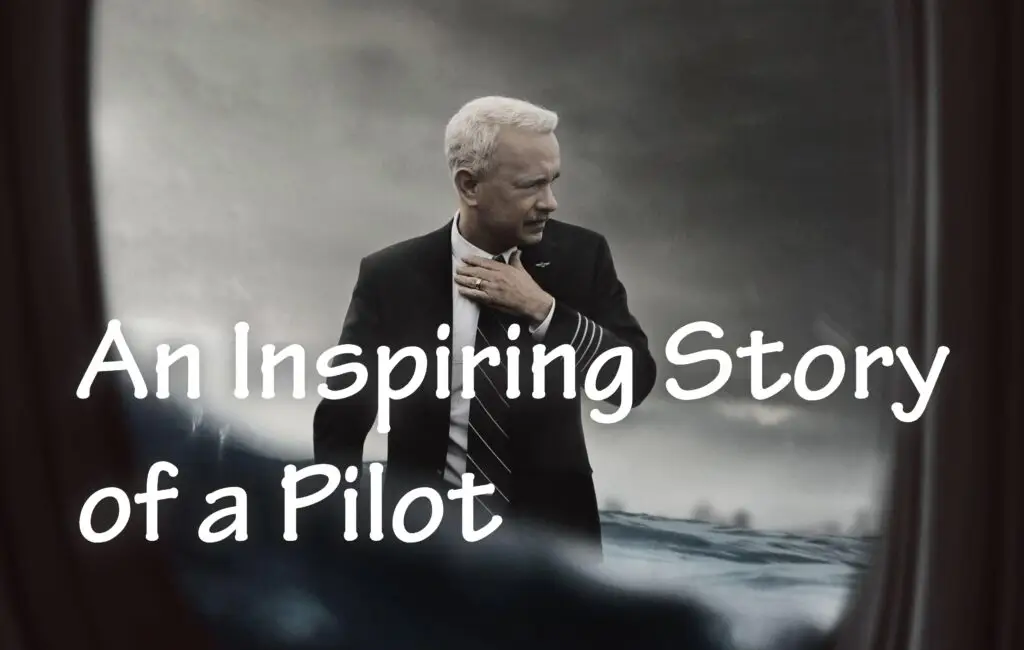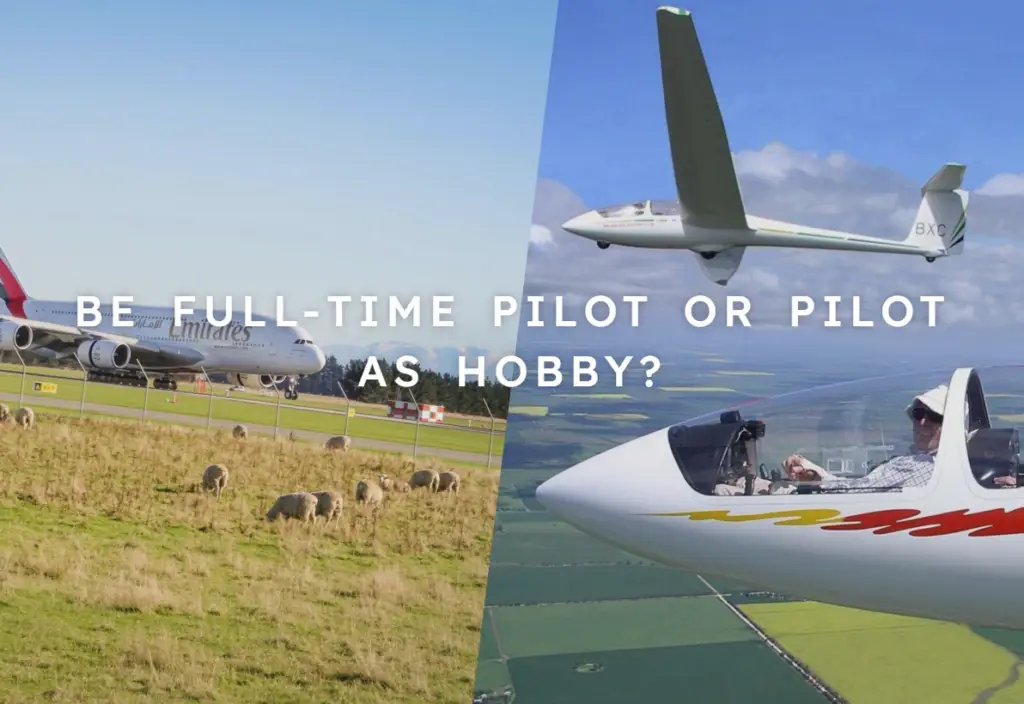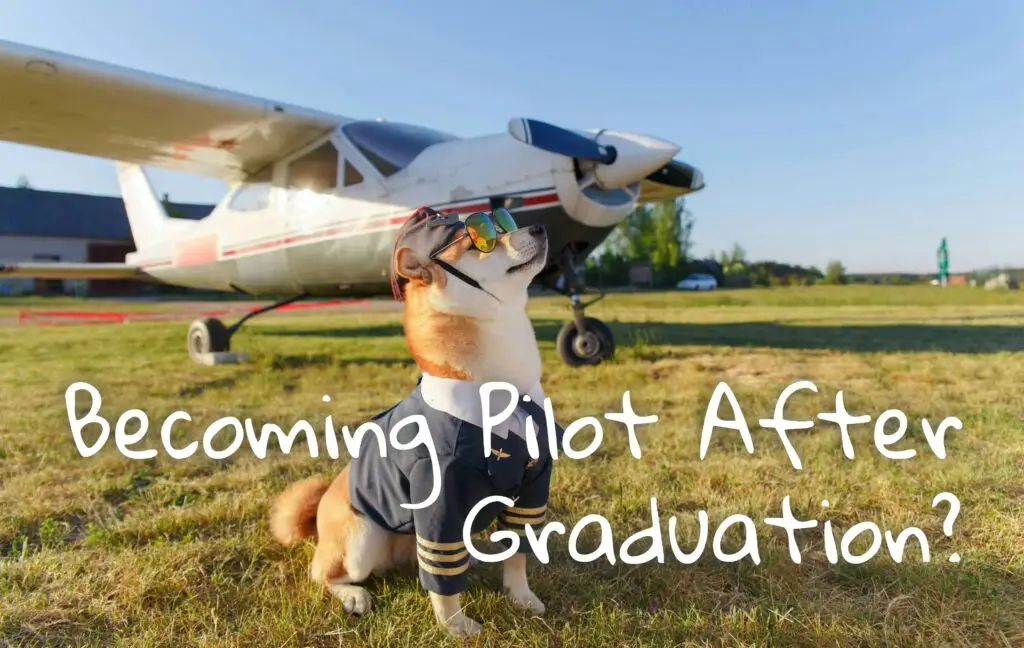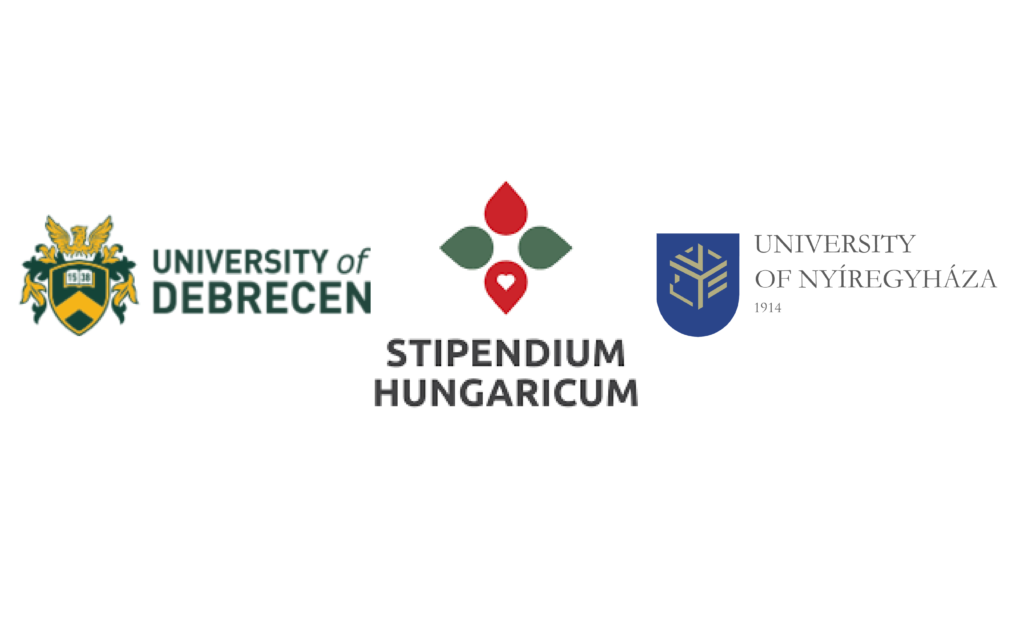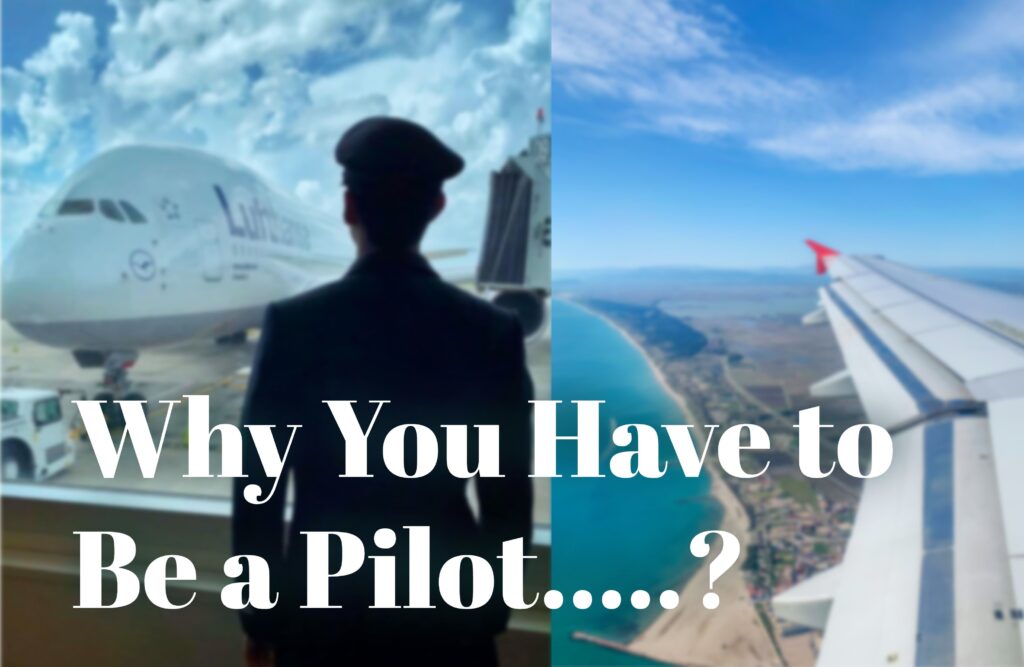My recent Sylhet – Dhaka journey by plane.
My recent journey by plane. I recently travelled from Sylhet to Dhaka by plane for my elder sister’s health diagnosis, as some medical tests are only available in the capital. I would like to describe both the journey to Dhaka and the return trip. Plane Ticket Booking: I had an appointment for a PET-CT scan scheduled for May 28th at 8:30 PM. So, I was looking for cheaper and earlier flight tickets for myself and my sister for May 27th and 29th using the Sharetrip app, as I usually book my flights through this app. I found a flight at 10:30 PM, and as I was about to book the tickets, the app showed an error message stating that some mandatory fields were not filled out. I went back to the previous screen to check if I had missed any required fields. I filled them out again, but the app continued to show the same error. After emailing customer support and discussing it with them, I still didn’t find a solution. With no other options available, I decided to use the GoZayaan app for the first time. I knew that the prices on this app would be higher since they offer fewer discounts than Sharetrip. Eventually, I booked tickets for the ZYL-DAC flight on May 27th at 11:50 AM and for the DAC-ZYL flight on May 29th at 4:30 PM. The total cost was 17900 BDT which means that each of the four tickets for my sister and me cost 4,475 BDT. Going: ZYL – DAC, 11:50 am. On May 27th, the weather was clear and sunny. We left for the airport at around 10:15 am, almost an hour and a half before our flight. Our home is near the airport and it usually takes about half an hour to reach there by any type of vehicle. I found a CNG vehicle on the road and brought it to the front of our house. The cost was 200 BDT. We only had one trolley bag and one backpack. It was her first time travelling by plane, which made her even more excited. We got our boarding passes and waited for check-in, and the flight was on time. I noticed her amazement at the beauty of the airport and then at the airplane, an ATR 72-600 operated by Usbangla Airlines. It took us 35 minutes to reach our destination, Dhaka Airport. It’s well-known that Usbangla Airlines does not delay its flights, while Biman Airlines is often criticized for being late both in take-off and arrival. My sister’s fascination was evident as she gazed at the vast and beautiful Hazrat Shahjalal International Airport. I reminisced about my previous trip when I traveled alone and how I got confused between the domestic and international terminals. My mistake was not asking anyone for directions to the domestic terminal; I thought I could figure everything out on my own. Anyways, we collected our luggage from the baggage claim, and this time there were no hiccups. We were set to stay at my Uncle’s house in Dhanmondi, and he sent his car to pick us up. We stayed there for two nights, with separate rooms arranged for us. On May 28th, we went to Medinova Diagnostic Centre for her medical test at 7:30 am. It turned out to be a tough day for both of us, especially for my sister, because she hadn’t eaten since previous dinner. The day became even more problematic when the PET-CT scanner malfunctioned twice in a row, causing delays. We finally returned to my Uncle’s home at 5:30 pm that evening. Return Trip: DAC-ZYL, 4:30 PM On May 29th, it was a rainy day. We left for the airport at 1 PM, three and a half hours before our flight, because our Uncle Dr. was very attentive and worried about getting stuck in traffic. His concern was valid, as we ended up being stuck near Bijay Shoroni for half an hour. We reached the airport about two hours later. We went through the domestic terminal, and this time our luggage was heavier than before because we received clothes as gifts for ourselves and our family, which I sent to the belt. After obtaining our boarding passes, we headed to the waiting area on the first floor. I noticed the female praying area, and as it was the time of Zuhr prayer, I told my sister to pray while I checked our handbags. When I went to pray, she was doing the same as well. I bought two beef liver shingaras and two coffees from a shop called Premium Sweets, which had rather premium prices. For instance, each shingara cost 99 BDT. We went to the ground floor as our flight check-in time approached. Our flight was 20 minutes late due to bad weather conditions. Our check-in started at 4:50 pm and we were sitting for a few minutes and just before take off, the captain announced there was heavy rain and they would fly when the weather became slightly better. After 15 minutes, the Captain said they would take off shortly, and he cautioned that passengers might feel some turbulence while taking off, but reassured us that the skies above were clear, and the weather at Sylhet was much better. During takeoff, I felt more G-force than on my previous flight due to the heavy rain. I took a few short videos of the plane taking off and posted them on my Facebook story later. Mid-flight, they served us snacks in a box, including a sandwich, a mangobar, and a small bottle of water. My sister had fallen asleep halfway through the flight as she was feeling weak after her tests, while I enjoyed the flight and observed how the pilot handled the plane in challenging weather. When we arrived at Sylhet Osmani Airport, the weather was cloudy but not bad. My sister took some portrait pictures of
My recent Sylhet – Dhaka journey by plane. Read More »
